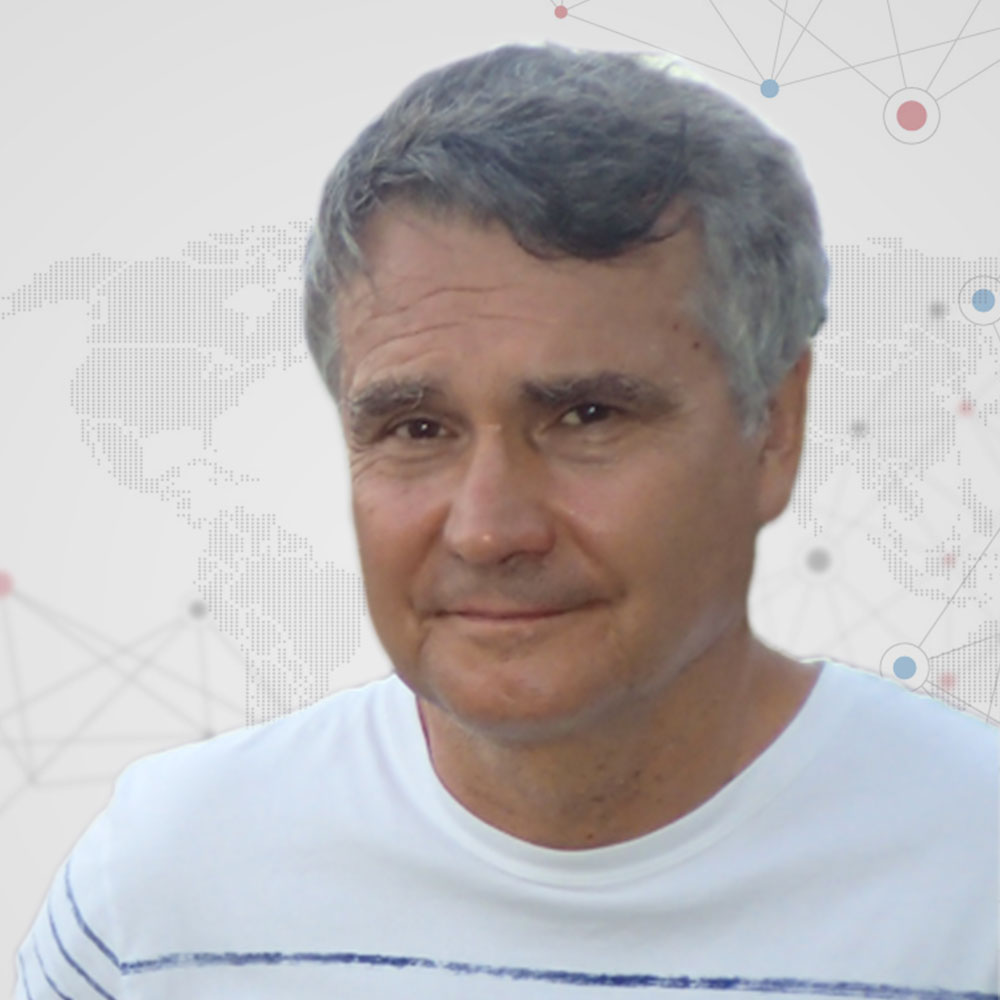Talk Title: Development of “Green” Analytical Devices for Clinical and Medical Applications
The primary focus of Professor Pawliszyn’s research program is the design of highly automated and integrated instrumentation for the isolation of analytes from complex matrices and the subsequent separation, identification and determination of these species. The primary separation tools used by his group are Gas Chromatography, Liquid Chromatography and Capillary Electrophoresis coupled to variety of detections systems, including range of mass spectrometry techniques as well as ambient ionization techniques. Currently his research is focusing on elimination of organic solvents from the sample preparation step and miniaturization of the sampling devices to facilitate on-site monitoring and in-vivo analysis. Several alternative techniques to solvent extraction are investigated including use of coated fibers, packed needles, membranes and supercritical fluids. Dr. Pawliszyn is exploring application of the computational and modeling techniques to enhance performance of sample preparation, chromatographic separations and detection. The major area of his interest involves the development and application of imaging detection techniques for microcolumn chromatography, capillary electrophoresis and micro chip separation devices.
Professor Pawliszyn has supervised 55 PhD and 70 MS students, and he is an author of over 700 scientific publications and a book on Solid Phase Microextraction. His Hirsch Index (H-index) is 103. He is a Fellow of Royal Society of Canada and Chemical Institute of Canada, editor of Analytica Chimica Acta, Editor-in-Chief of Trends in Analytical Chemistry and a member of the Editorial Boards of Journal of Separation Science, Separations and Journal of Pharmaceutical Analysis. He initiated a conference, “ExTech”, focusing on new advances in sample preparation and disseminates new scientific developments in the area, which meets every year in different part of the world. He received the 1995 McBryde Medal, the 1996 Tswett Medal, the 1996 Hyphenated Techniques in Chromatography Award, the 1996 Caledon Award, the Jubilee Medal 1998 from the Chromatographic Society, U.K., the 2000 Maxxam Award from Canadian Society for Chemistry, the 2000 Varian Lecture Award from Carleton University, the Alumni Achievement Award for 2000 from Southern Illinois University, the Humboldt Research Award for 2001, 2002 COLACRO Medal, 2003 Canada Research Chair, in 2006 he has been elected to the most cited chemists by ISI, in 2008 he received A.A. Benedetti-Pichler Award from Eastern Analytical Symposium, 2008 Andrzej Waksmundzki Medal from Polish Academy of Sciences, 2008 Manning Principal Award, 2010 Torbern Bergman Medal from the Swedish Chemical Society, 2010 Ontario Premier’s Innovation Award, 2010 Marcel Golay Award, 2010 ACS Award in Separation Science and Technology, 2011 PittCon Dal Nogare Award, 2012 E.W.R. Steacie Award, 2013 CIC Environmental Research and Development Award, 2013 CIC LeSueur Memorial Award, 2015 Maria Skłodowska-Curie Medal from Polish Chemical Society, 2015 Halász Medal Award from the Hungarian Society for Separation Sciences, 2017 Pittsburgh Conference Analytical Chemistry Award, the 2017 Eastern Analytical Symposium Award for Outstanding Achievements in the Fields of Analytical Chemistry, 2018 ACS Award in Chromatography, 2018 North American Chemical Residue Workshop Excellence Award, 2019 Talanta Medal and 2022 Tswett-Nernst Award. He presently holds the title of University Professor, Canada Research Chair and Natural Sciences and Engineering Research Council of Canada Industrial Research Chair in New Analytical Methods and Technologies.


